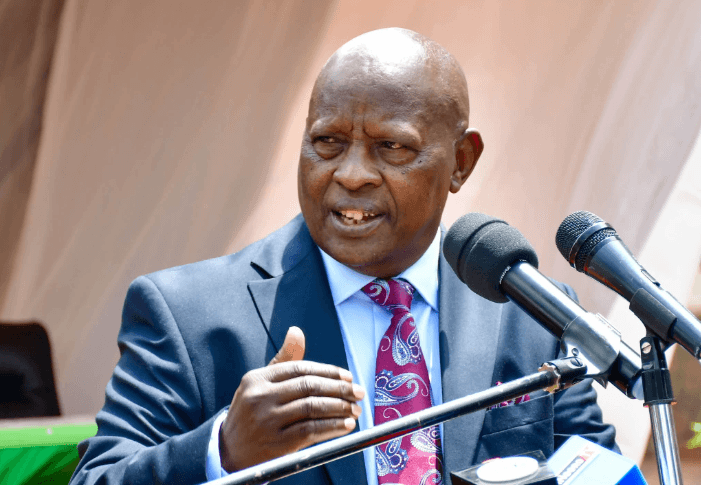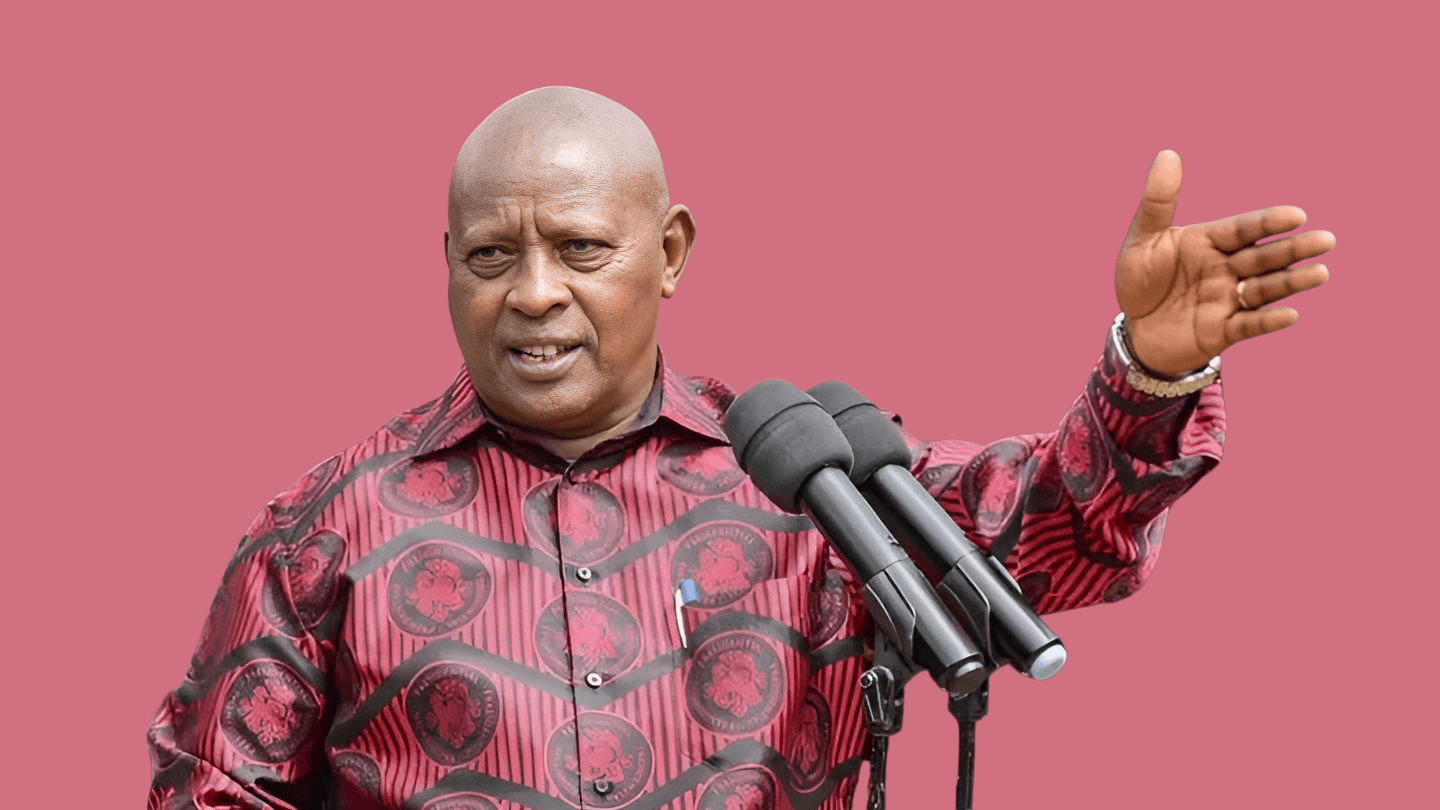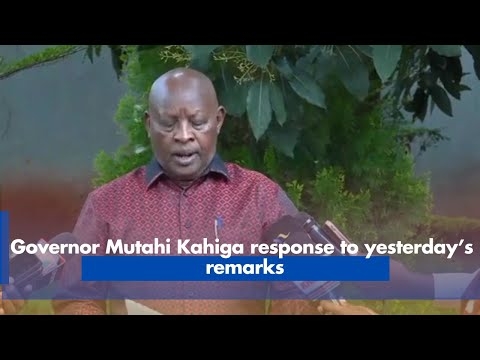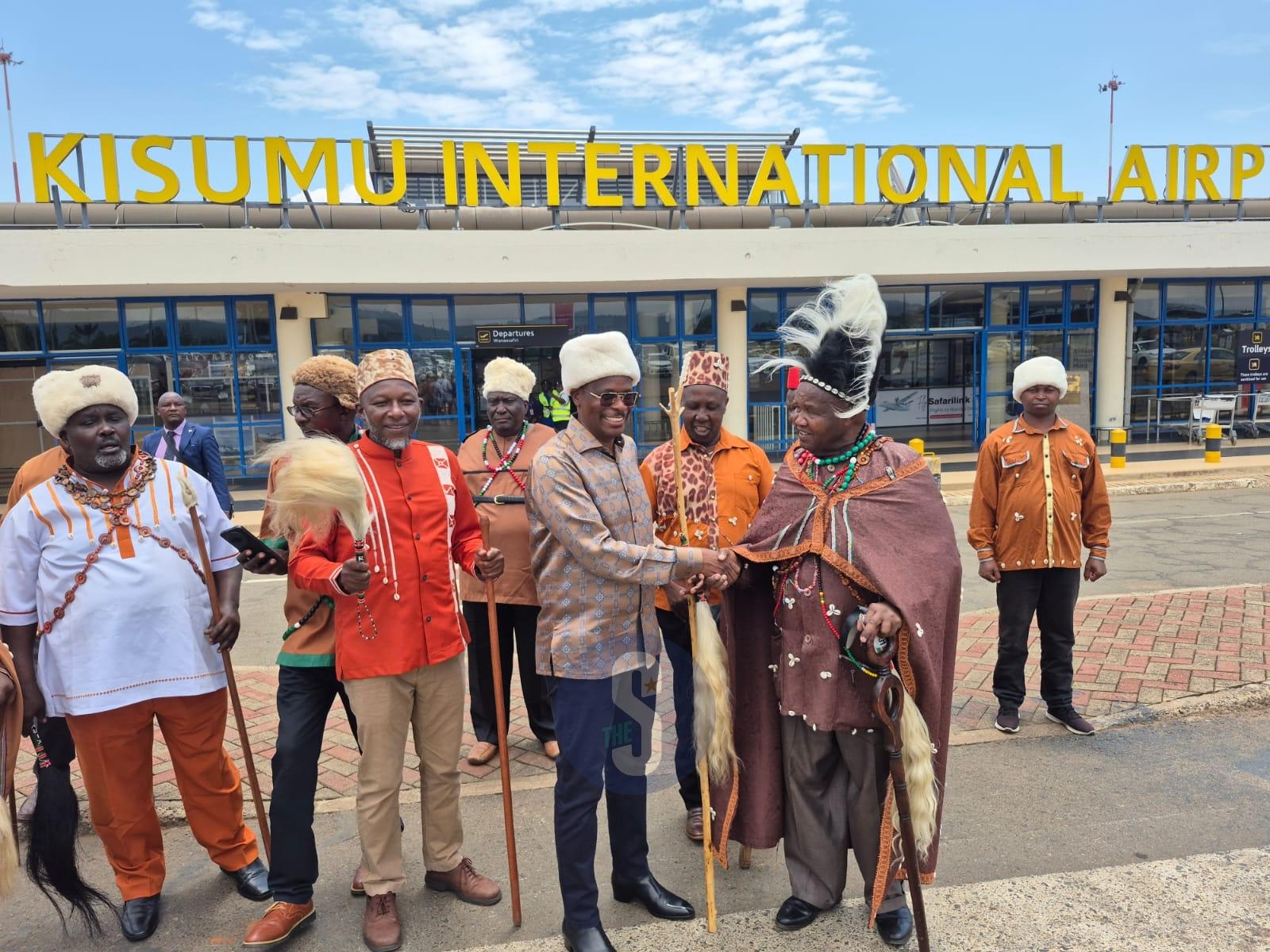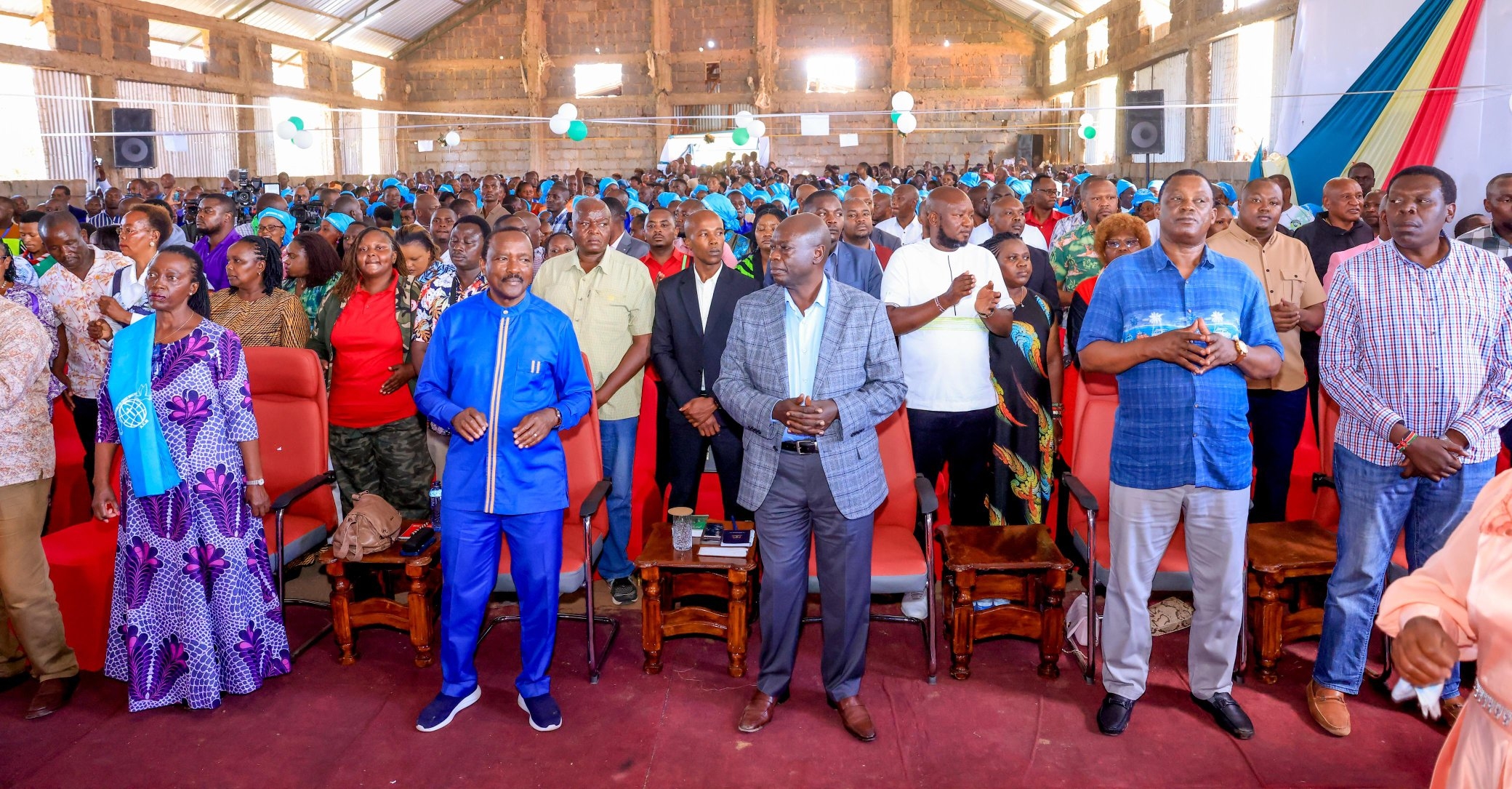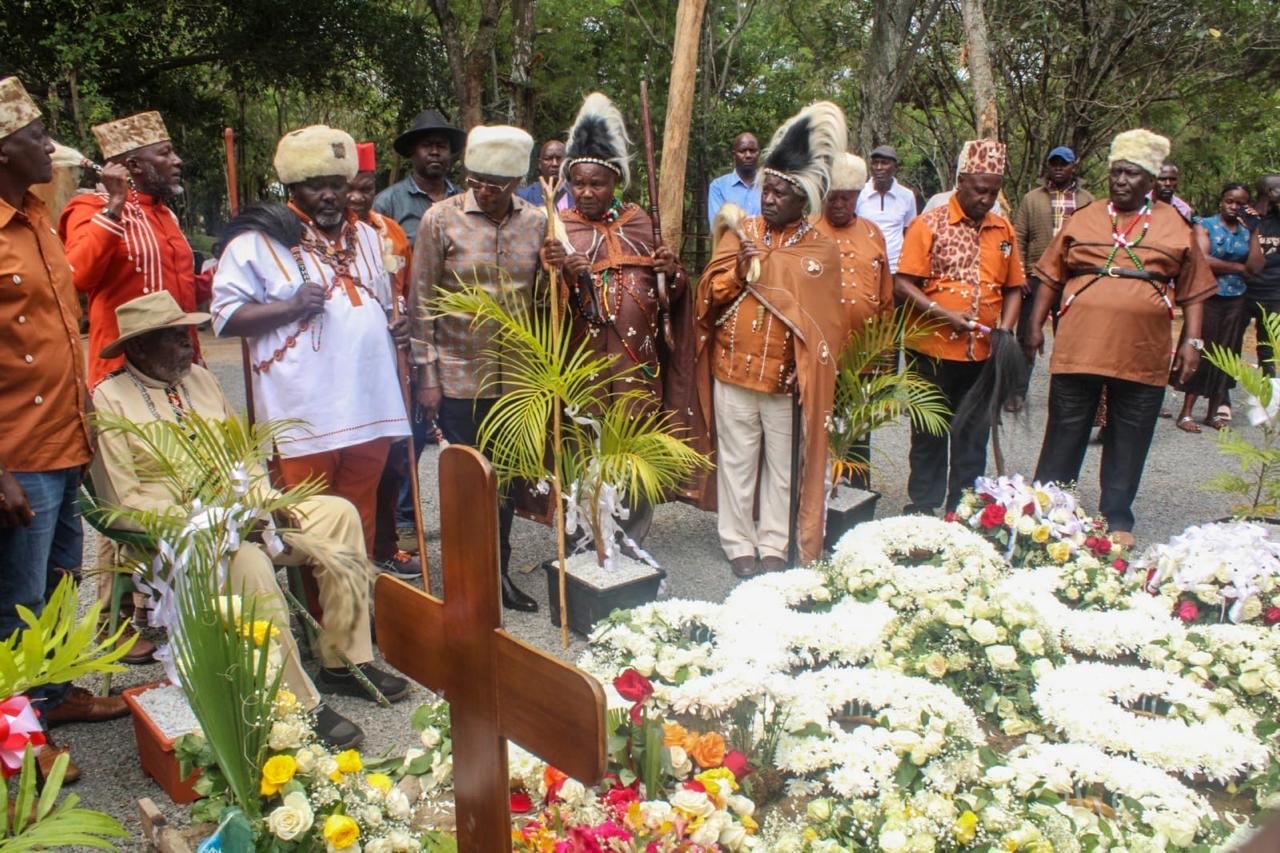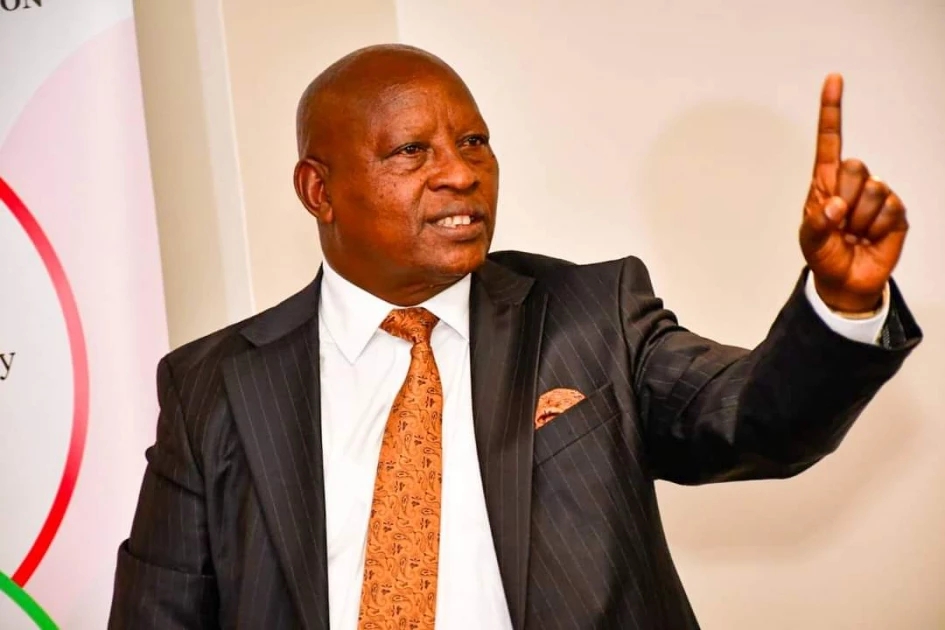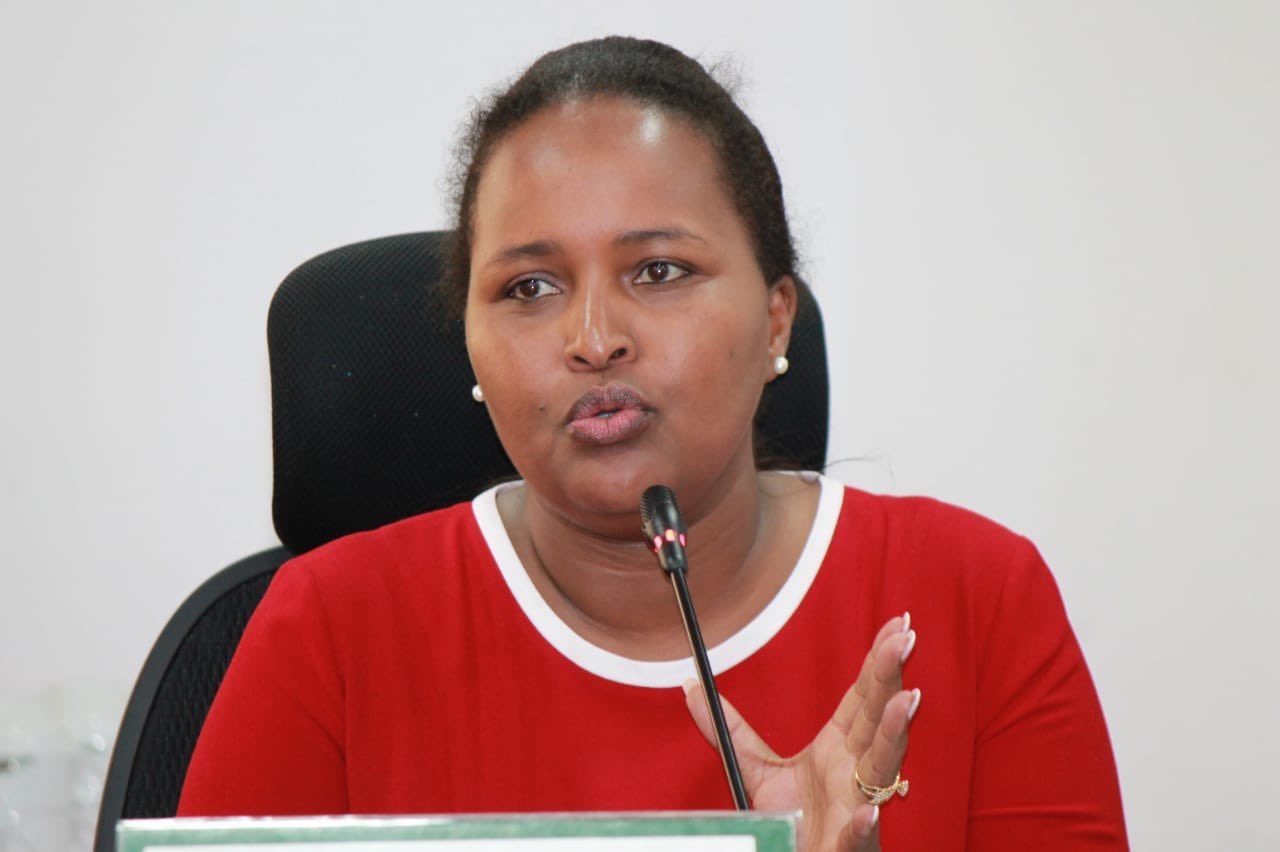Kitui was on Saturday declared cleft lips and palates free courtesy of humanitarian efforts by the Jordan Hospital and Smile Train International NGO.
Reconstructive surgery expert, Dr Joshua Matu, said 12 years of repairs and rehabilitation of patients has eradicated cleft lips and palates in Kitui.
Matu is also the proprietor of the Jordan Hospital in Kitui town.
He said over the period 571 reconstructive surgeries have been carried out at the Hospital with 340 patients from Kitui while the rest came from Eastern and North-Eastern regions.
Matu spoke on the sidelines of a party to celebrate the milestone at the hospital.
The event was attended by the beneficiaries and parents.
Matu offered Sh500 reward to anyone who would come across any cleft lip or palate patient who has not been operated on in Kitui.
“I can confidently say Kitui is a cleft lip and palate free county,” he said.
He said the hospital engaged in addressing the cleft lip and palate problem as a CSR and as a way of giving back to society.
The doctor said surgery would commercially cost between Sh150,000 and Sh 275,000 in Kenya but the cost was shared between his hospital and Smile Train.
Smile Train East Africa programme manager Joseph Kariuki said his organisation worked in partnership with 22 hospitals in Kenya and over 10,000 cleft lip and palate constructive surgeries have been done.
Kariuki said the cost of a single surgery, follow up and management cost 500 dollars (Sh58,006).
He said his organisation is a children's charity that offers free and comprehensive cleft lip and palates patient care, nutritional support, speech therapy and most psychosocial support.
Kariukisaid psychosocial support was a key ingredient because the patients go through a lot of stigma and efforts must be made to ensure they are accepted back into the community after surgery.
Edited by Kiilu Damaris


